The Press Association of Jamaica (PAJ) in a statement published October 7, 2024 said it was concerned about occasional remarks made by both political parties, alleging that certain segments of the media, showed political bias and even suggested alignment with a political party. Whilst it is expected and understandable that the PAJ would come to the defense of its colleagues, the accusations and insinuations are not far fetched or out of character for media organizations worldwide. Of particular interest is the following quote from the report in the Jamaica Observer: “It also follows the insinuation from Jamaica Labour Party (JLP) Member of Parliament Everald Warmington at a party divisional conference recently that the media and the PNP destroyed former JLP leaders Edward Seaga and Bruce Golding and is also intent on destroying Prime Minister Andrew Holness.” This statement is a case of “chickens coming home to roost” and convenient historical naivete.
The Media and Politics
The corporate media whether in Jamaica or elsewhere, has always had a practice of ideological preference; every media organization has an Editorial Policy which reflects its social outlook and the organization’s position on those conditions, which are conditioned by the socioeconomic system of the society. The media does not exist in a vacuum, it is impacted by the socioeconomic conditions of the society. There can be no “independence” by any media organization that receives corporate advertising; as the saying goes: “who pays the piper, calls the tune;” further, the concept of “balance” is a textbook construct, which has no basis in objective reality. To think otherwise is simplistic.
Those of us who are old enough to remember and Intune with Jamaica’s social history at the time, will recall that the Jamaica Daily News was literally “starved” of advertising, because the paper dared to take an objective and socially progressive look at the socioeconomic conditions facing Jamaica at the time. It is no secret that the Daily Gleaner between 1972 and 1980 was adamantly opposed to the Michael Manley Administration; the extent and tone of the vitriol directed to Manley directly and his administration generally, was never seen in Jamaica before or after that period of Jamaica’s history. It is documented and published in print and interviews, the role this prominent media organization along with the United States’ Central Intelligence Agency (CIA) played in the destabilization of the Manley government between 1972 and 1980.
Not too long ago an eleven year-old girl was taken to the Bustamante Children’s Hospital for critical surgery to correct a spinal deformity called scoliosis; the surgery had to be cancelled because the air conditioning system for the operating room was not working. This is a serious and unacceptable breakdown of leadership not only at the facility level but ministerial also. Too often incidents occur that are covered by the media shows a kind of deference given to the person in charge or the respective government, for fear of being criticized of biasness. A responsible and responsive press should come down hard on whoever needs to be criticized and let the blame falls where it belongs. In the pursuit of social justice and fairness there is no room for “curry favor.”
What now seems to be the norm is that serious and piercing questions are now left to Social Media network; these people for the most part have no journalistic training, are sensationalist and downright unprofessional. Nevertheless, in what appears to be a dereliction of journalistic responsibility, it is left to these informal sources (which have their preferences too), to ventilate and adequately address some of the social issues facing Jamaica. Journalism has in instances degenerated into a narrow intellectual exercise and “ego-tripping” and does nothing to educate the public. Despite the PAJ’s complaint, the local media does show preference and noticeably selective in articles it publishes, or issues it discusses on Talk Shows.
Articles and issues that questions capitalism and the role and function of multinationals in developing countries; police misconduct and brutality and corruption by elected officials, are extremely rare in being published. In the face of the dire and continued deteriorating socioeconomic conditions of the country, the media cannot be silent on the issues; or if addressed cannot do it in a tepid and pusillanimous manner. The recent debate regarding Nigel Clarke and the International Monetary Fund (IMF) is a case in point. I know of articles submitted to both newspapers regarding the parasitic role the IMF plays in retarding the socioeconomic development of developing countries; not one has been published by either newspaper.
The “norm” seems to be that if the Editor is not aware of the matter or agrees with the content, it is not published. The Jamaican media organizations as a collective, are “allergic” to issues that promotes critical thinking, or against the grain of the established popular narrative. The legendary Jamaican journalist, the late John Maxwell, in his book How to Make Our Own Story, had this to say about the practice of journalism: “Journalists and those who perform journalistic functions should therefore avoid sticking on labels and using adjectives reflecting their opinions or their prejudices. They should not inject themselves into stories.”

The legendary Jamaican journalist, John Maxwell - Photo: jamaica-gleaner.com
What is the Role of an Enlightened Press
A vibrant, enlightened, and objective Press is a critical component for overall national development. The role of the press should include serving as a “watchdog” to protect the hard fought and won democratic rights of the citizens, and ensure the government uphold the provisions of the Constitution. Media entities are not political organizations; however, objectively they cannot be apolitical or amoral. They have a responsibility to guard, defend and promote high moral standards from those in elected office.
The Press should encourage critical thinking and enlighten its audience by publishing or engaging in discussions that may seem controversial or uncomfortable to those who “have an axe to grind.” The Press has the opportunity to reach a vast number of people and should see this as an opportunity to broaden the social consciousness of the citizens; too often citizens make choices that are against their socioeconomic or political interests because they are ill informed or not informed at all about the issue in question.
There is no serious critical analysis of elected officials; this unfortunately is left to informal Social Media hosts, who most times do not have a thorough understanding of the issues themselves. Political education is not only imparted in the classroom; the Press has the opportunity to engage and encourage discourse on issues that may not be popular, but it provides an alternative narrative. Media personnel must educate and enlighten themselves thoroughly on critical social and historical issues; in that way they can share and spread that knowledge to the wider community. It is a national imperative.
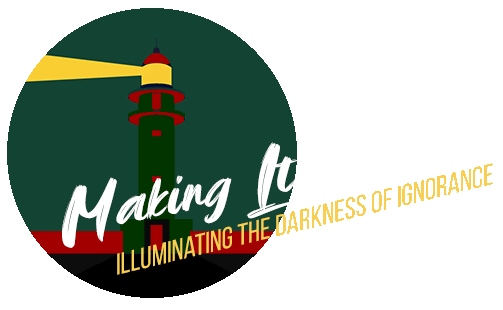
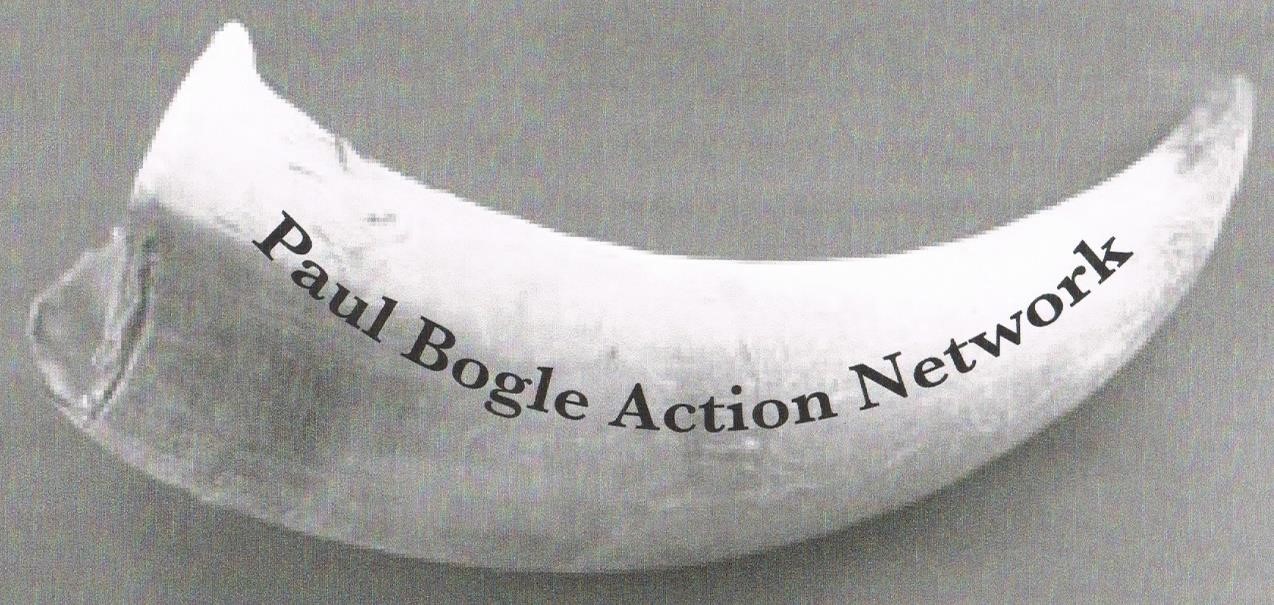
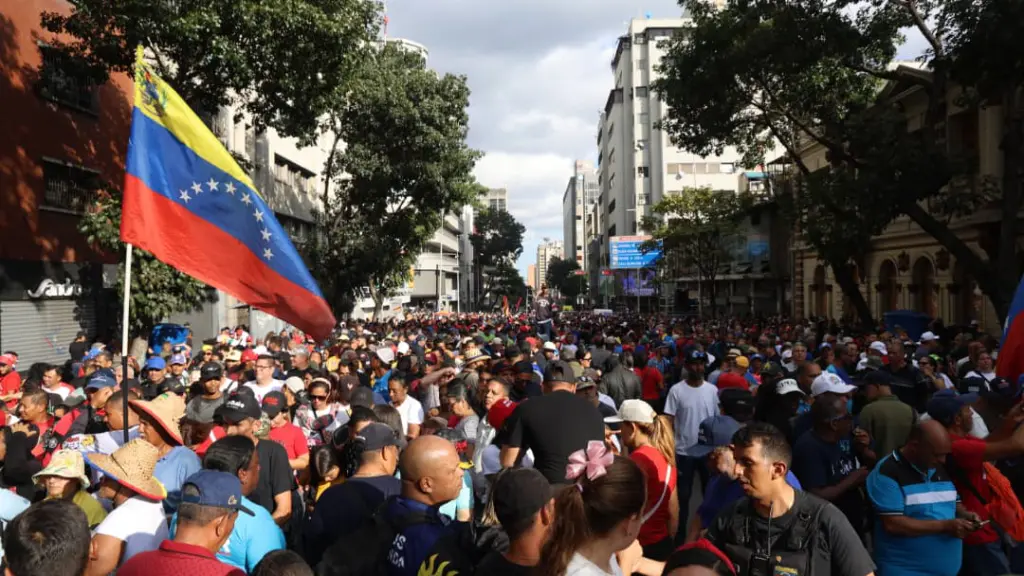
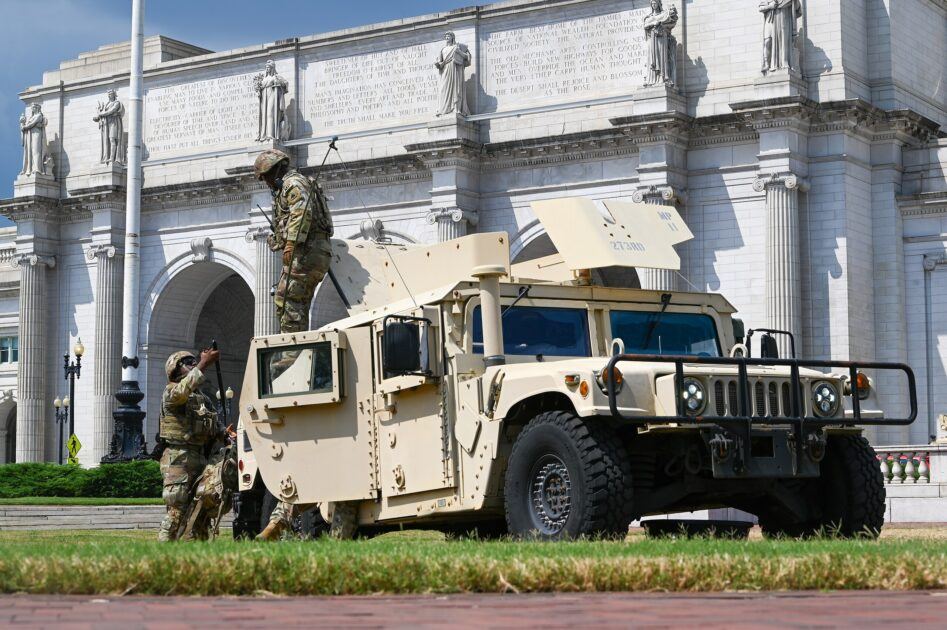

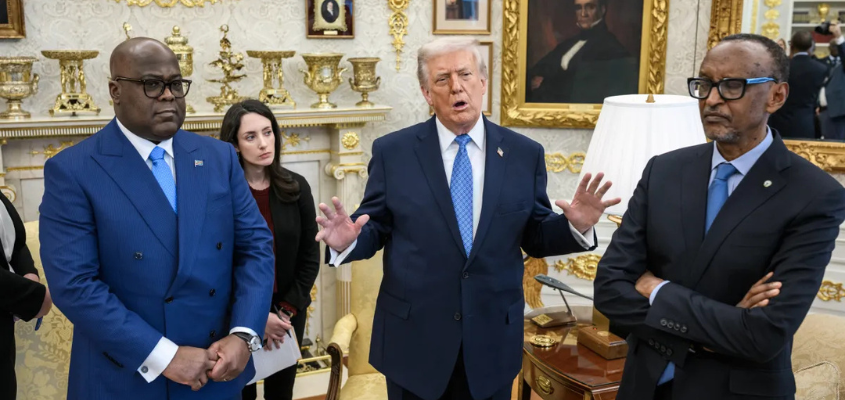
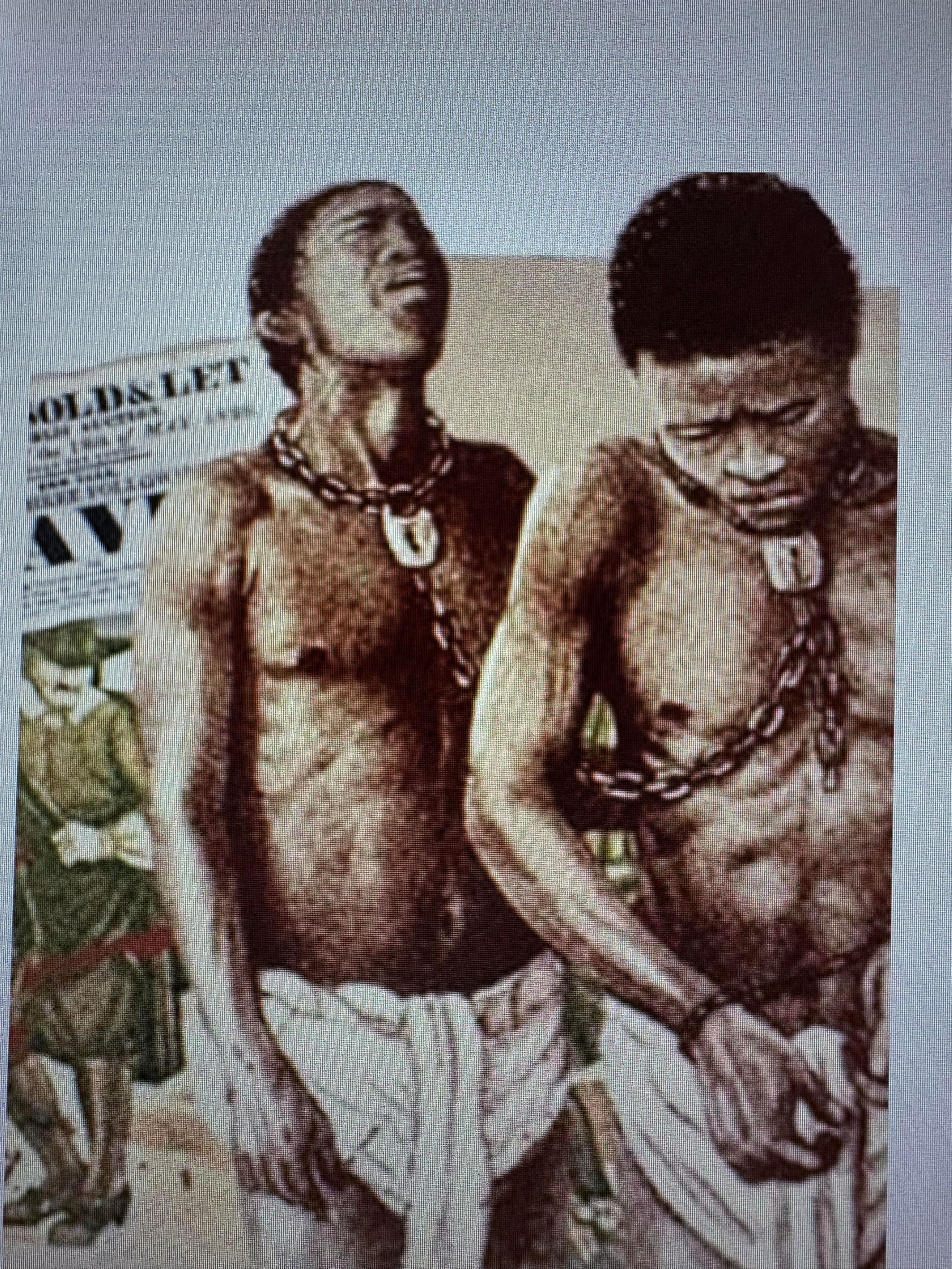

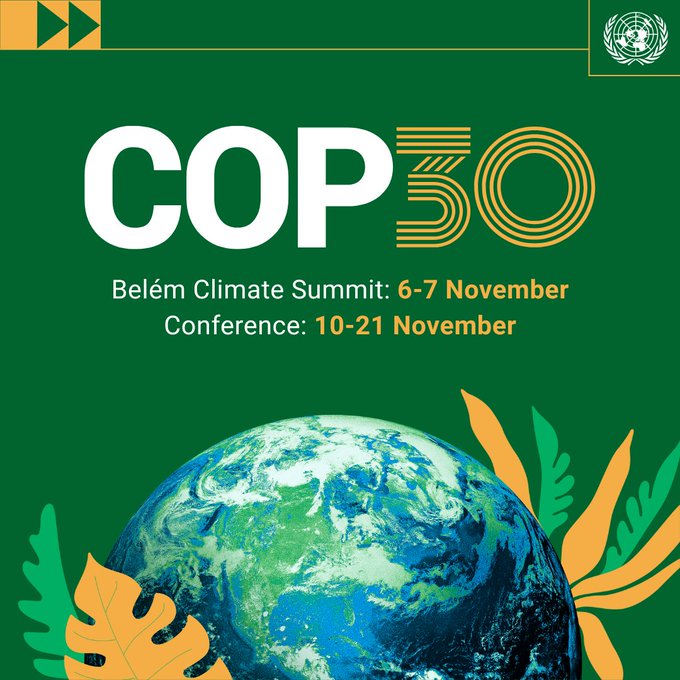

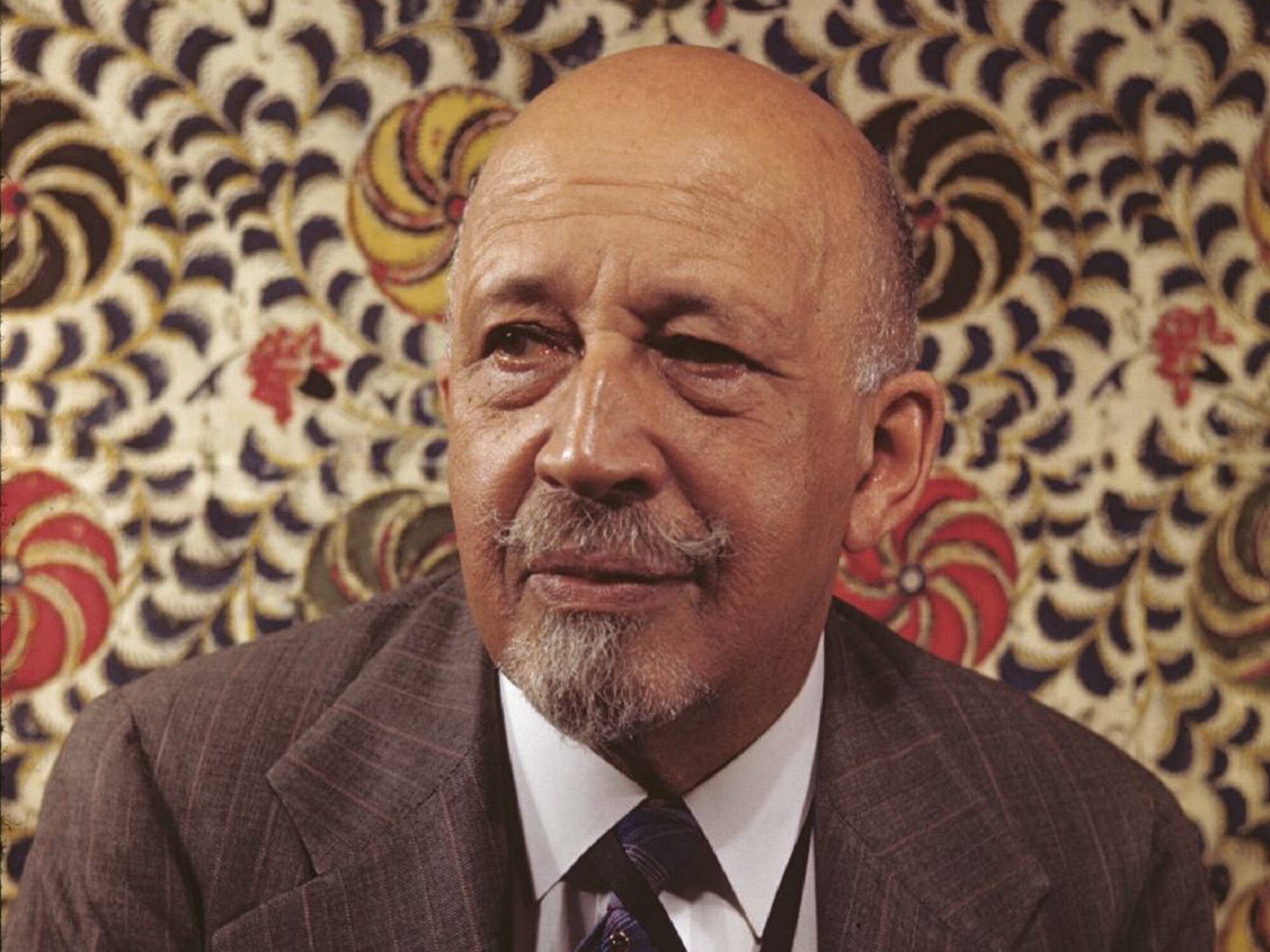

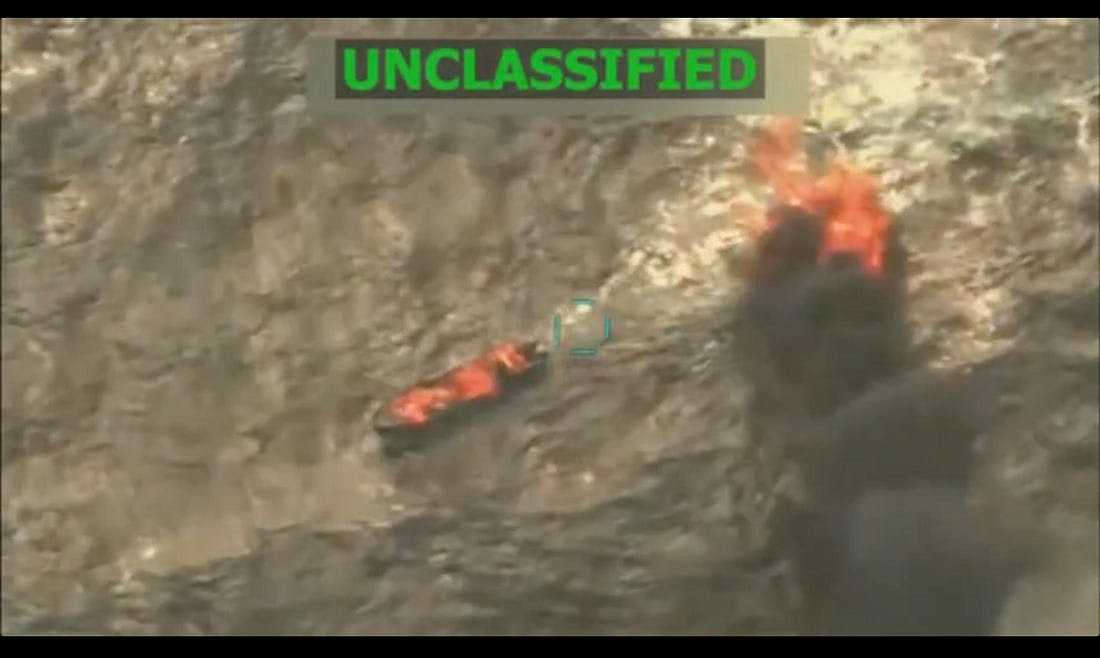
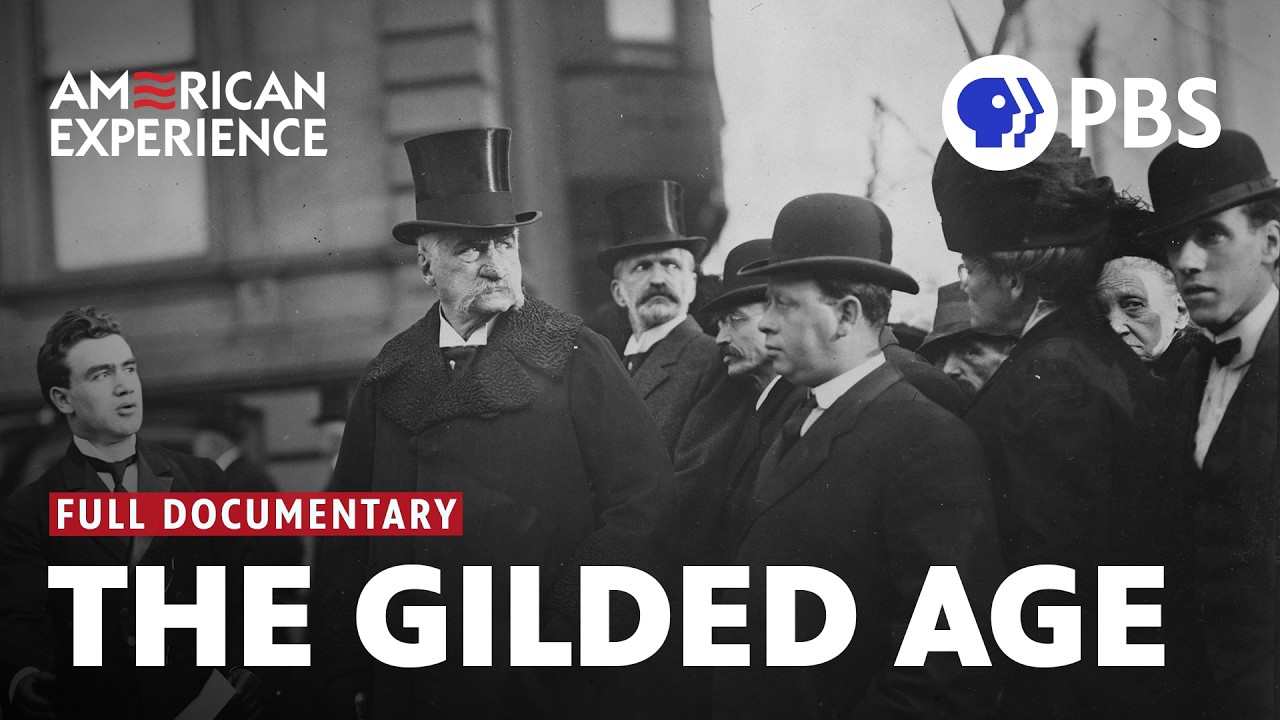
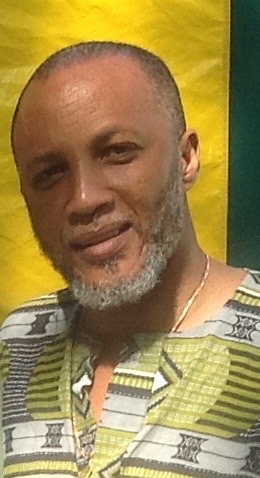
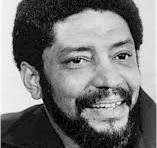
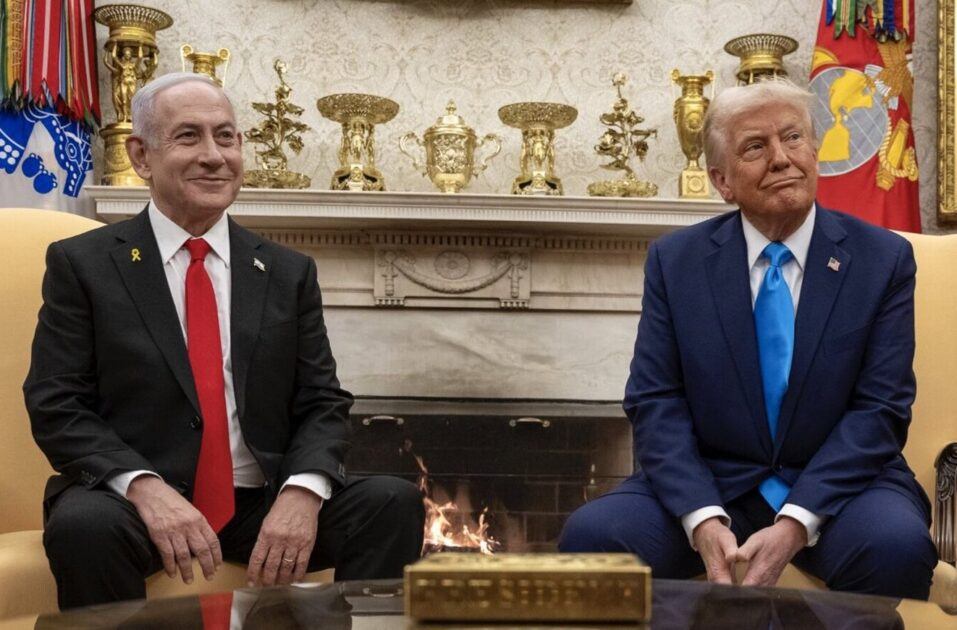
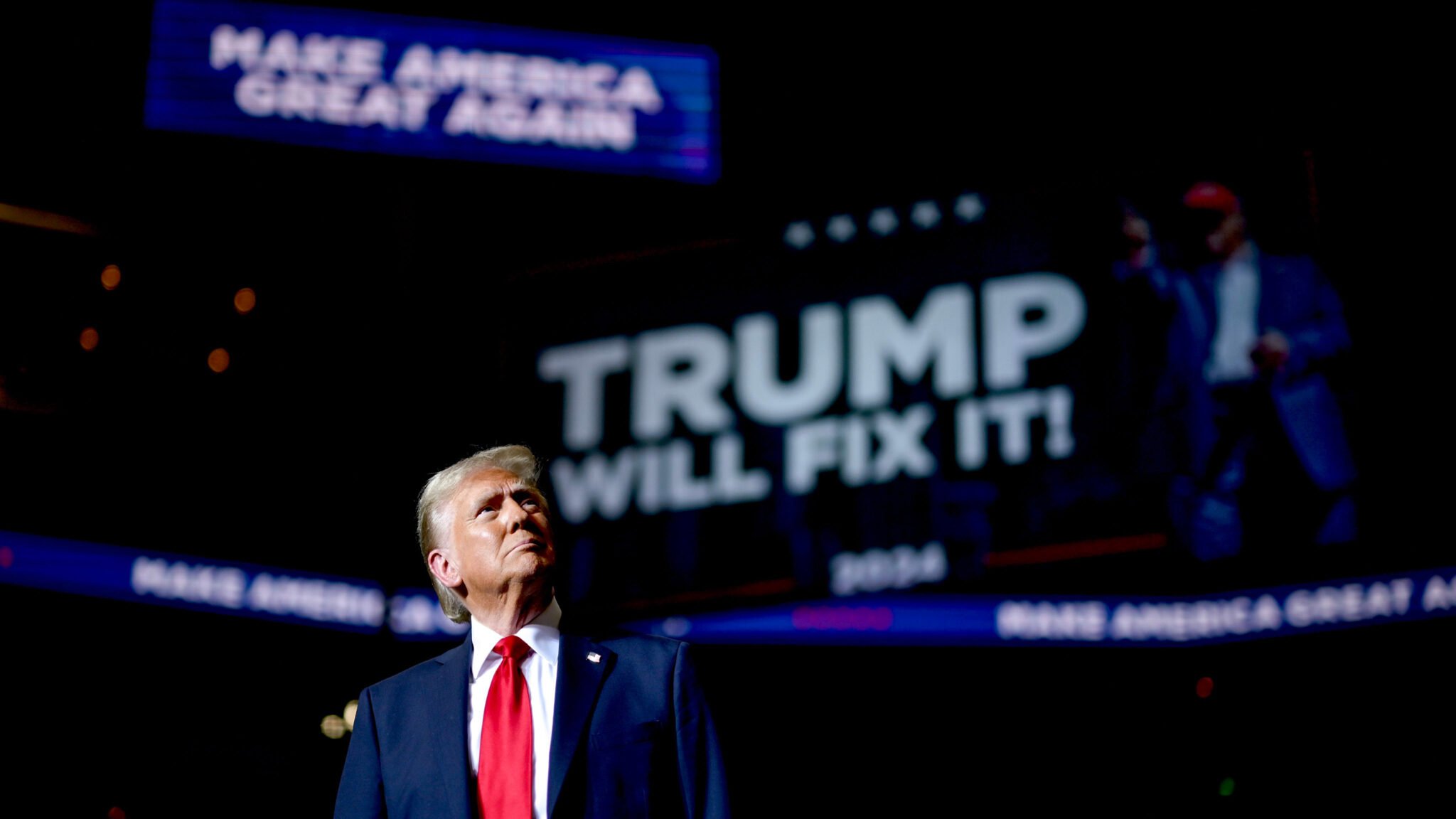
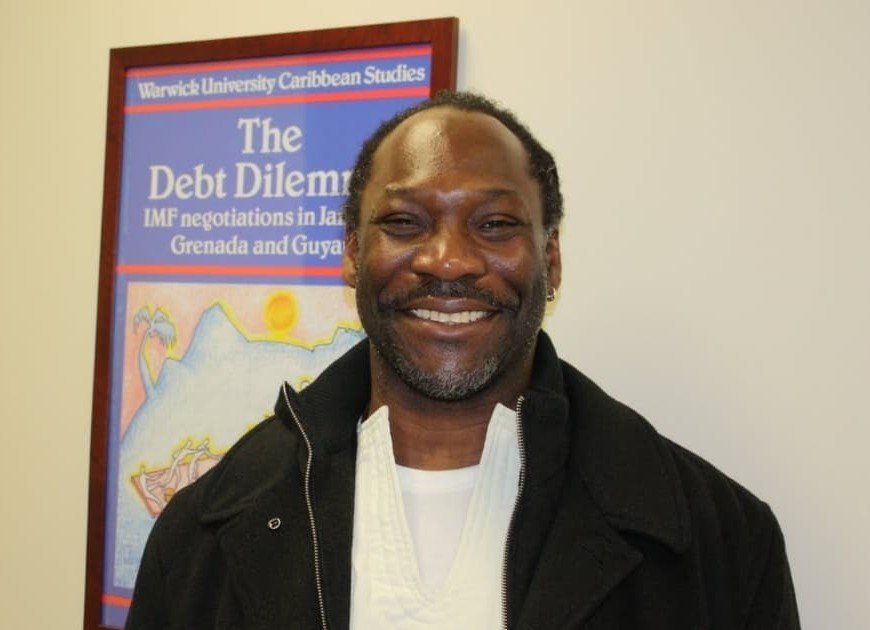
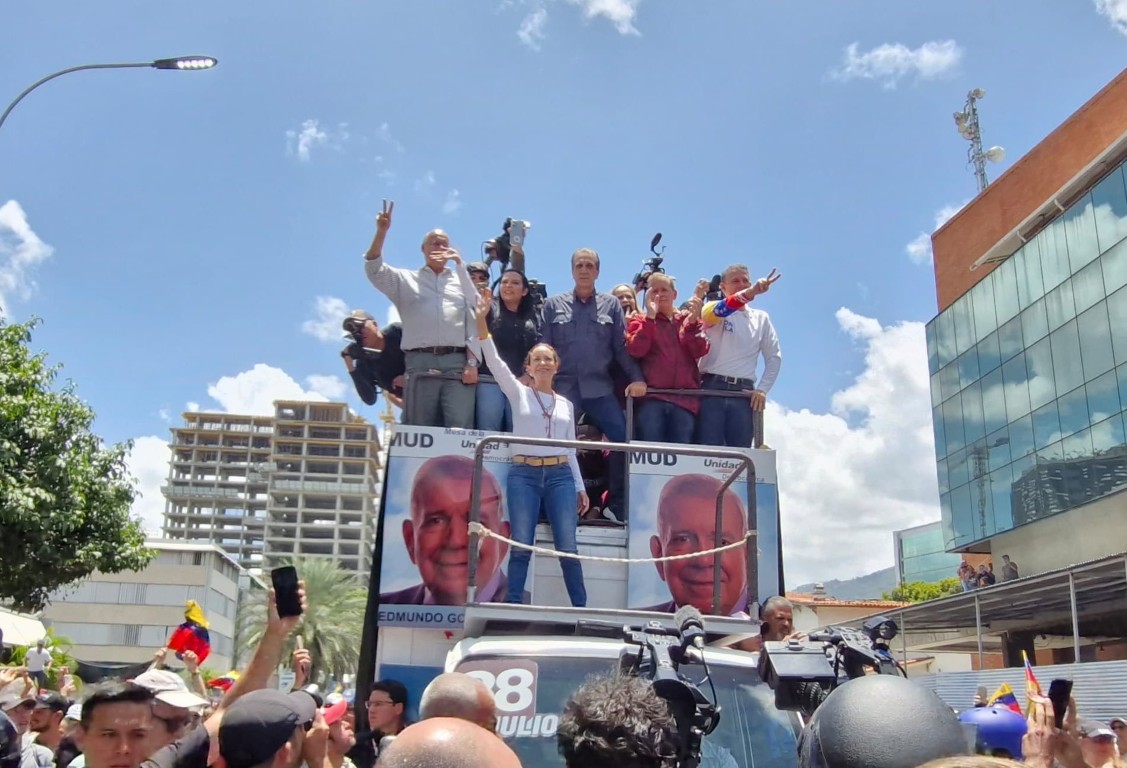
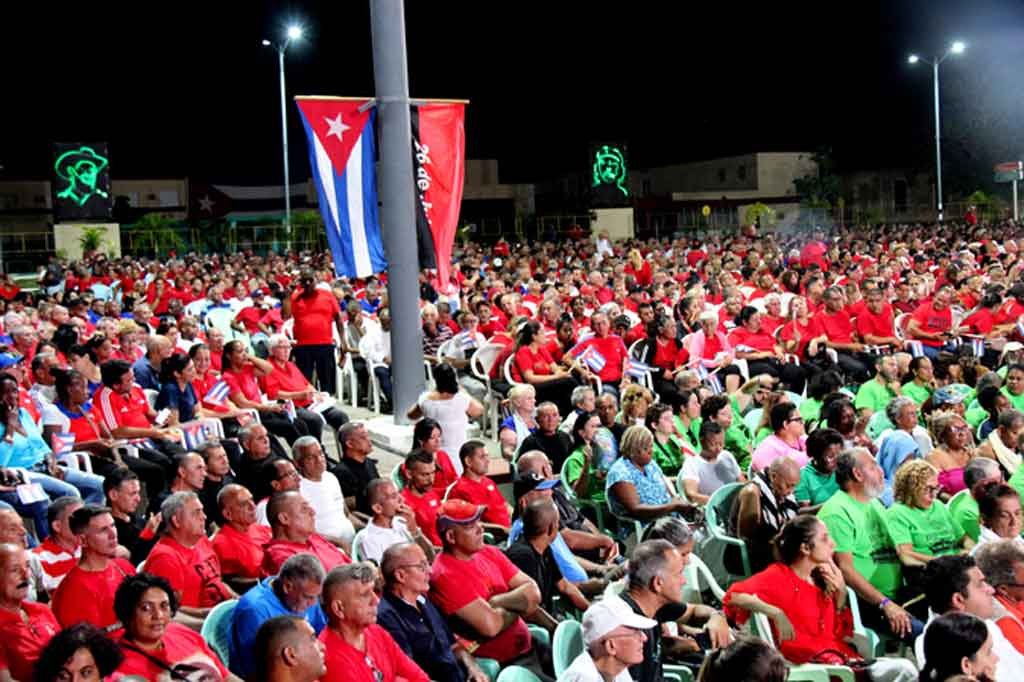
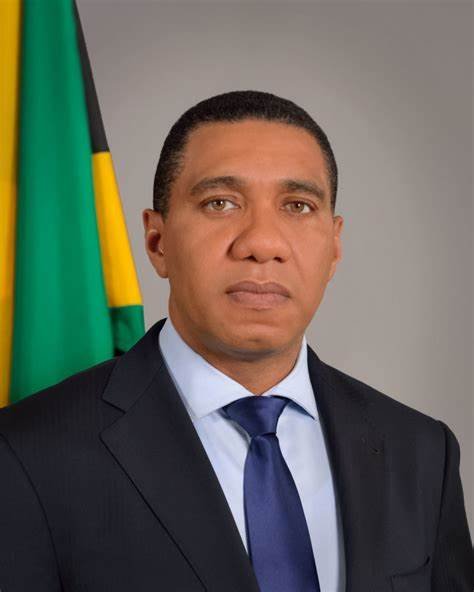
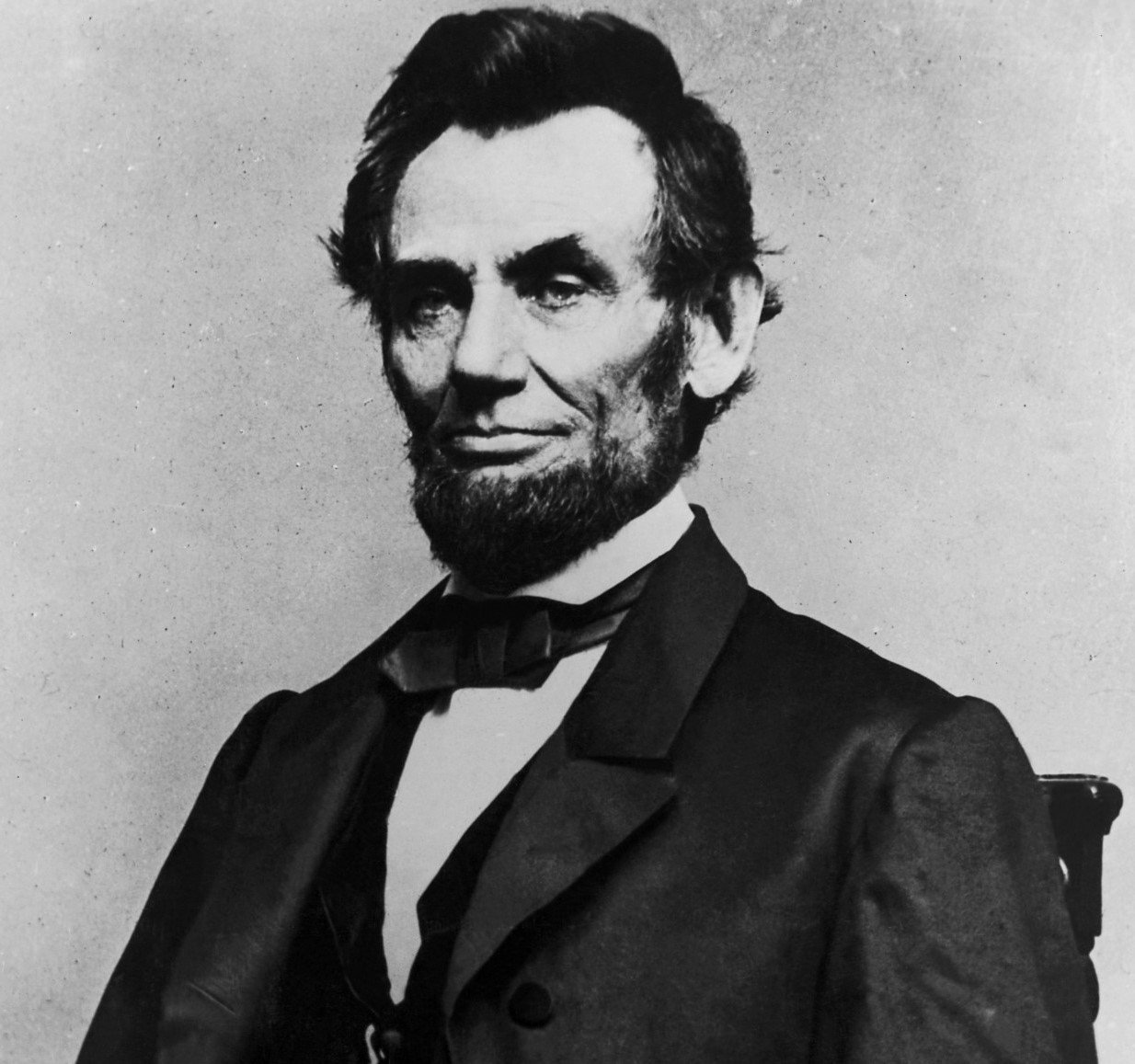
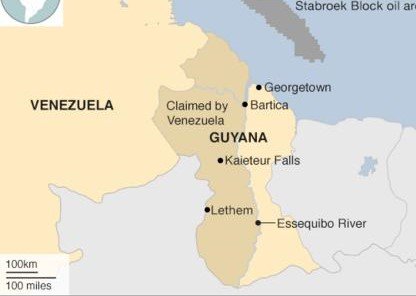
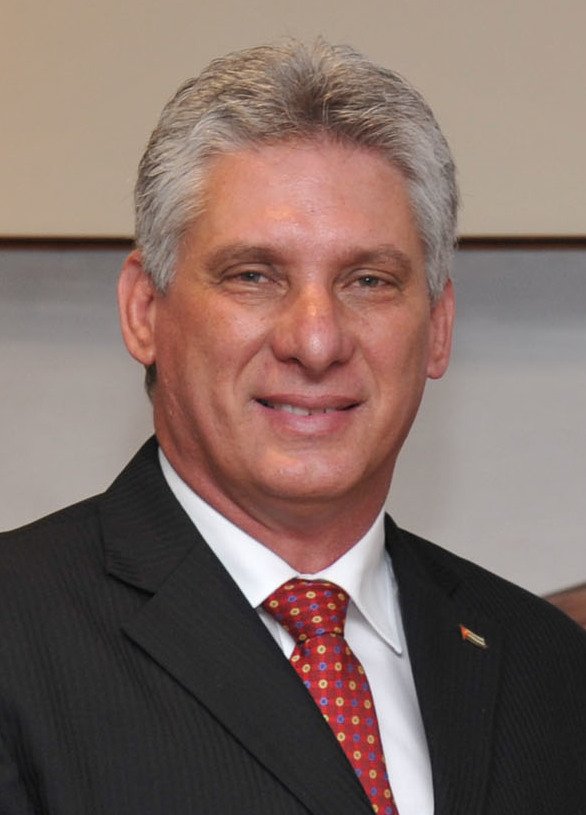
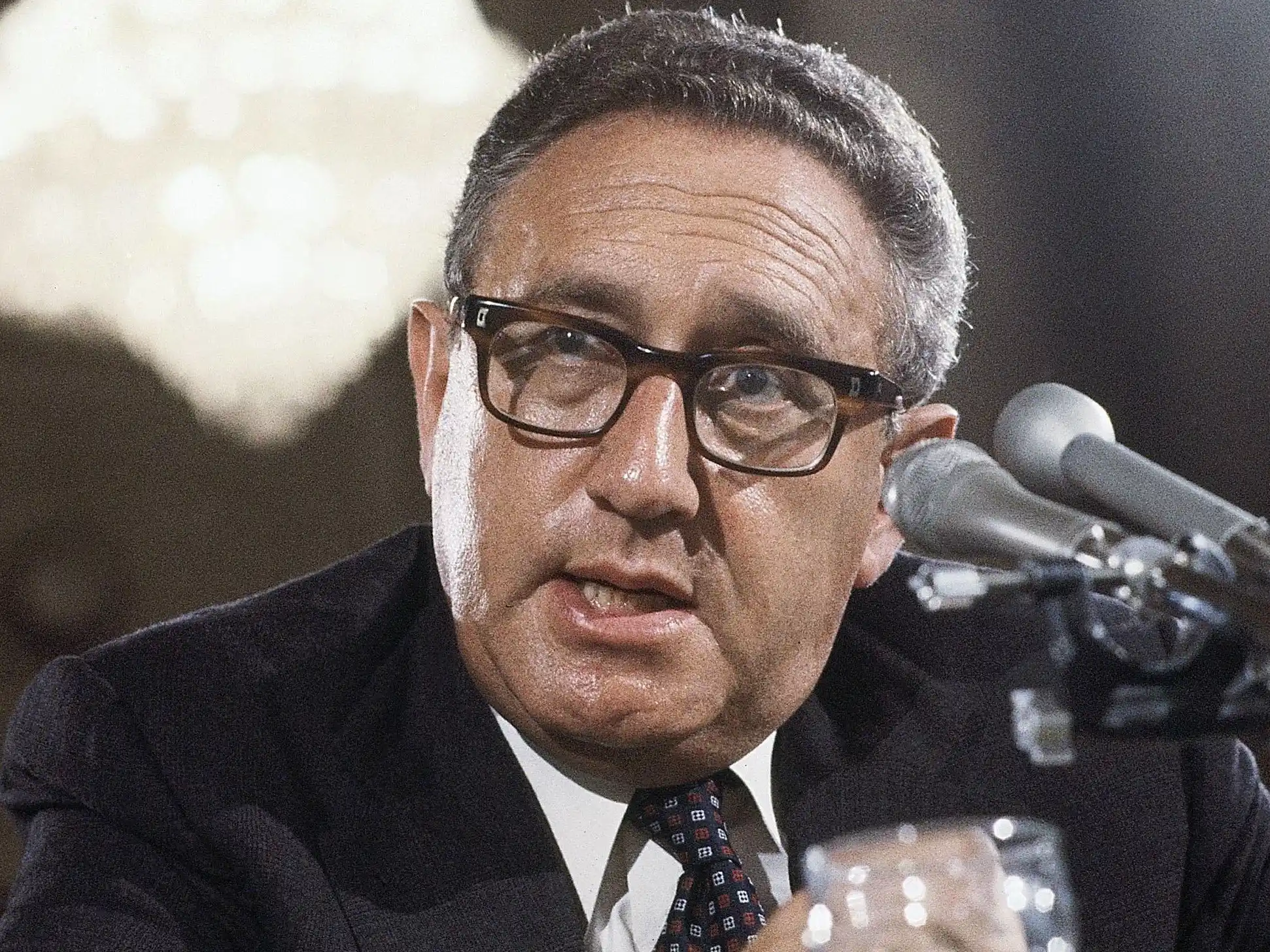
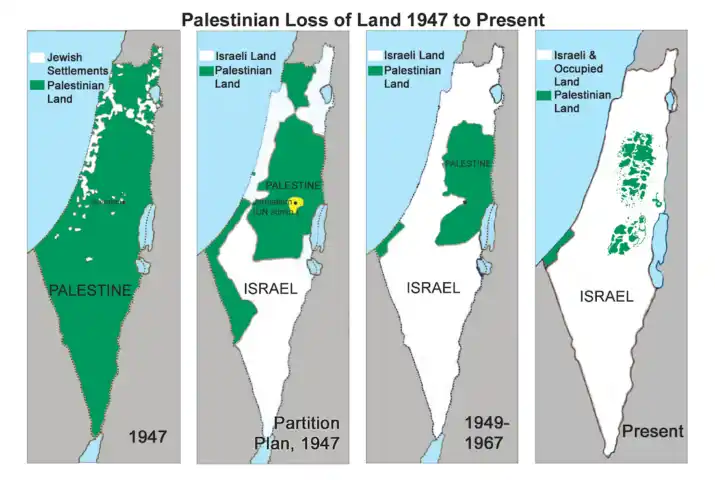
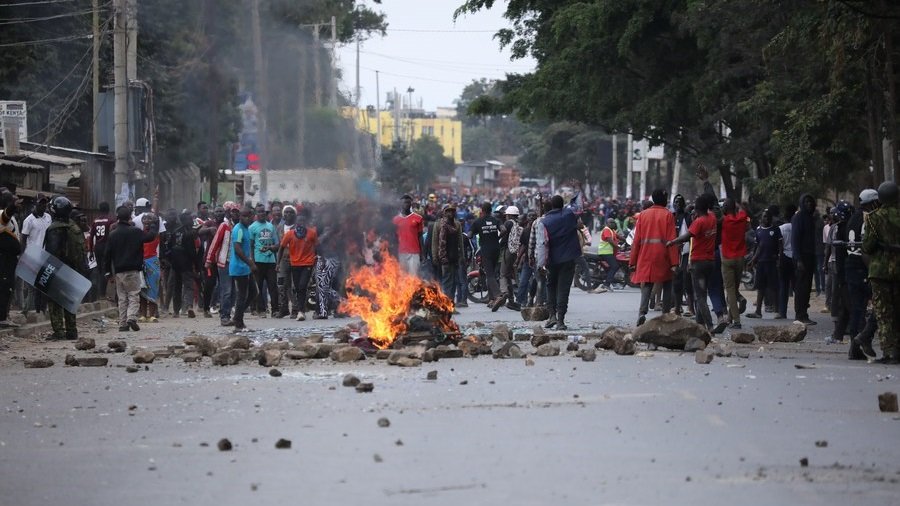
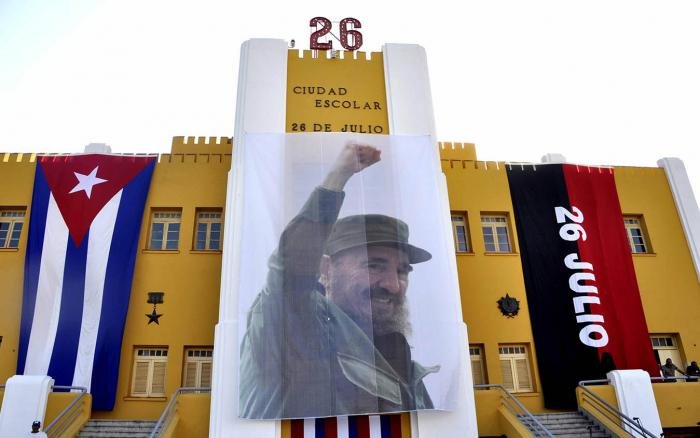
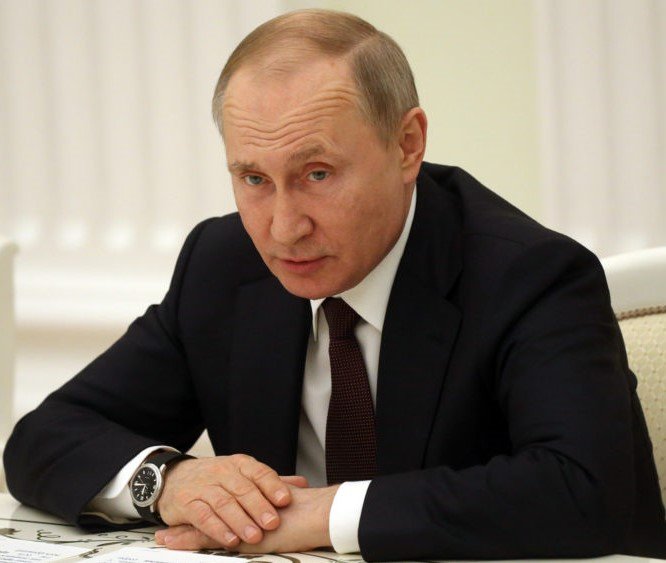
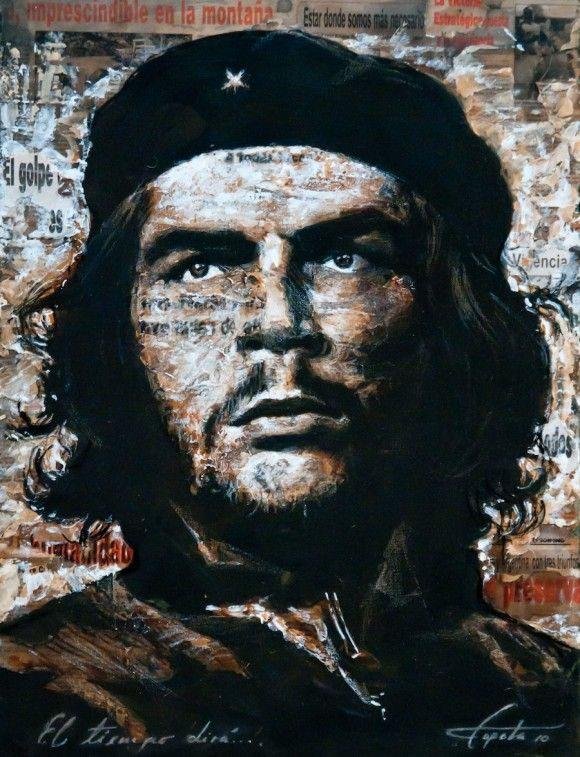
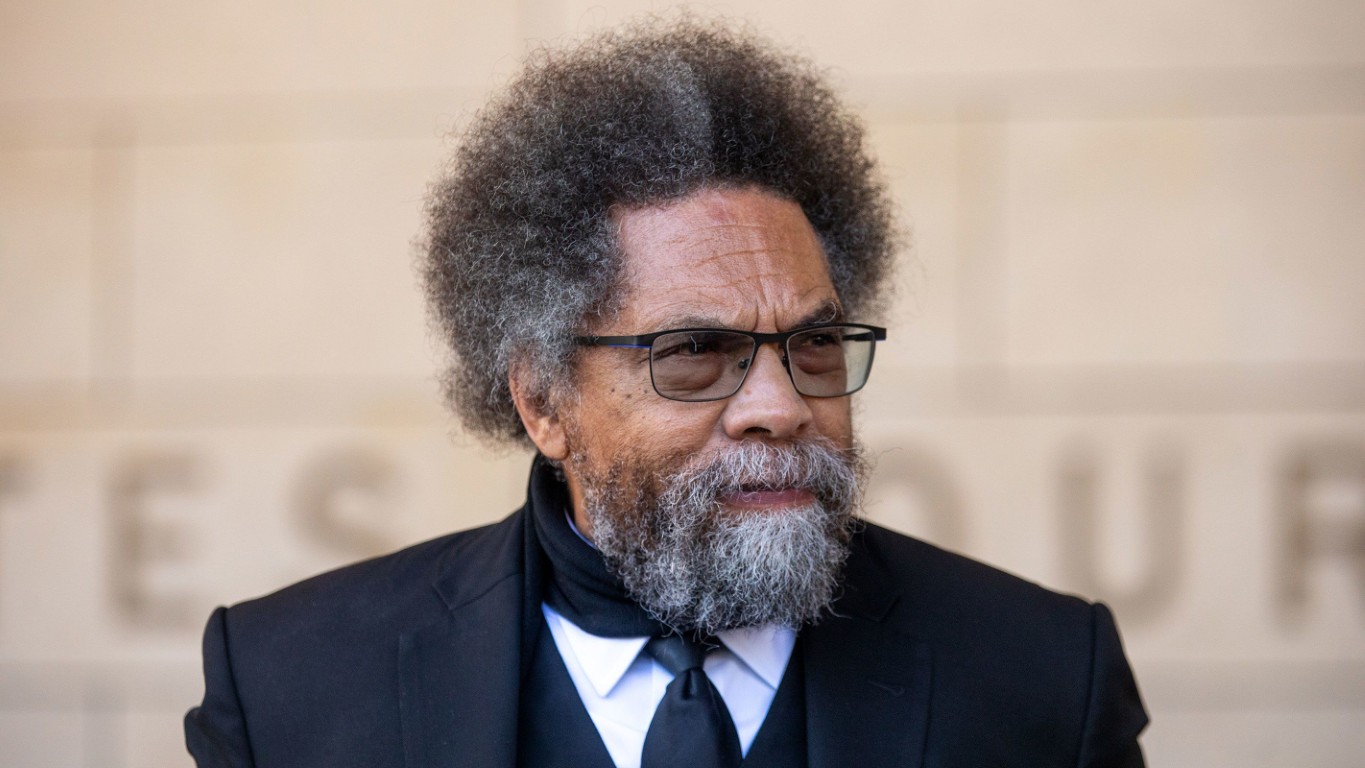
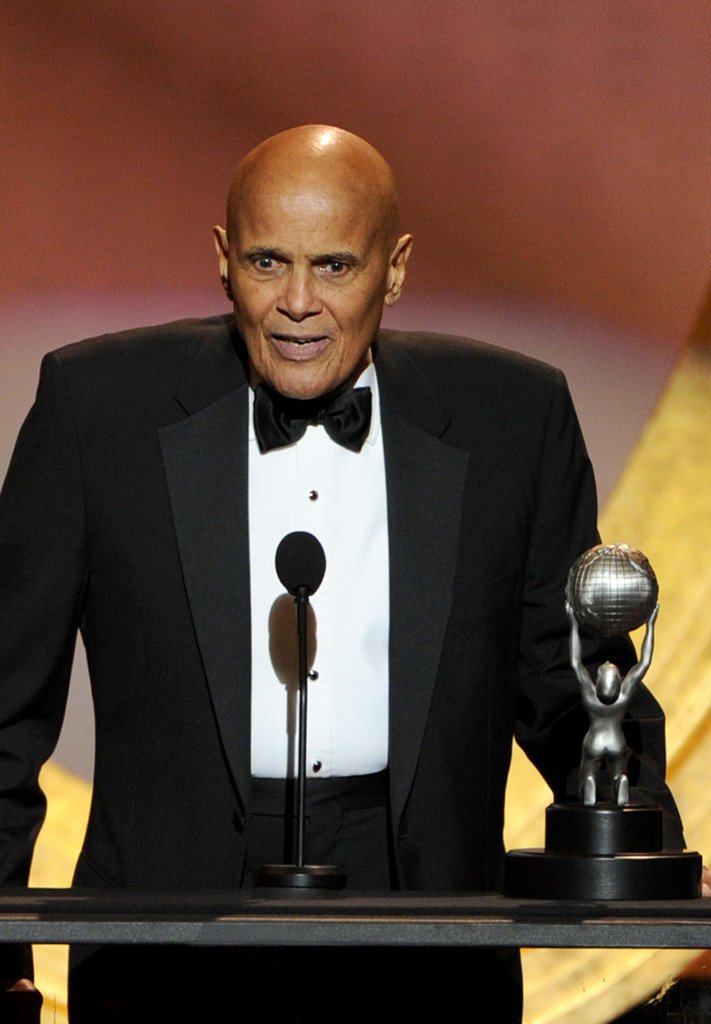
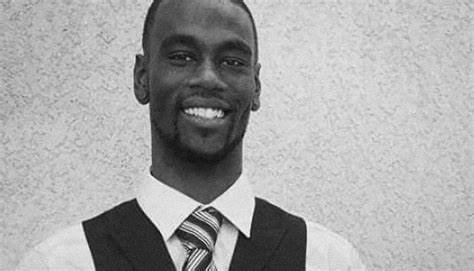
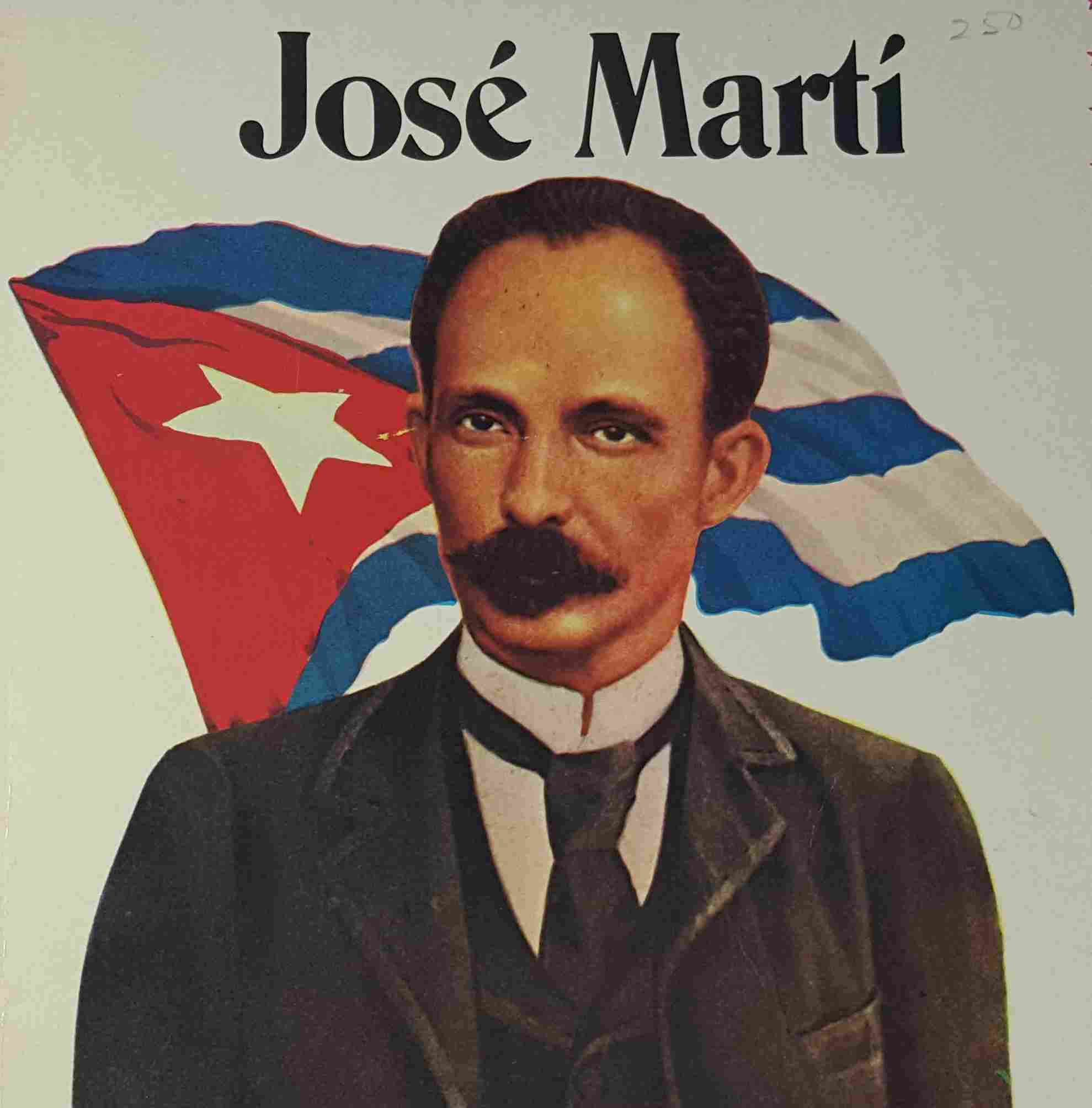
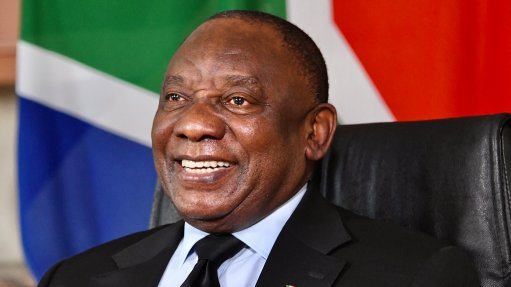
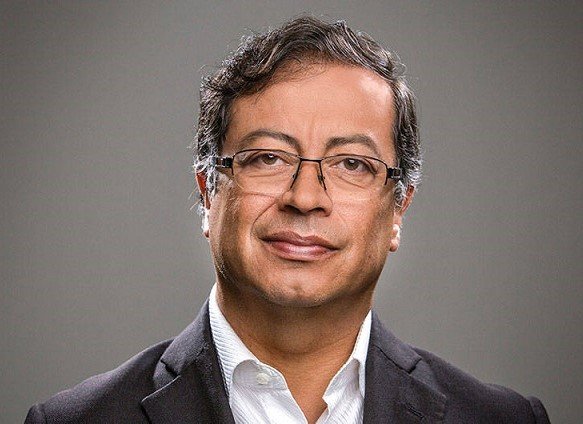
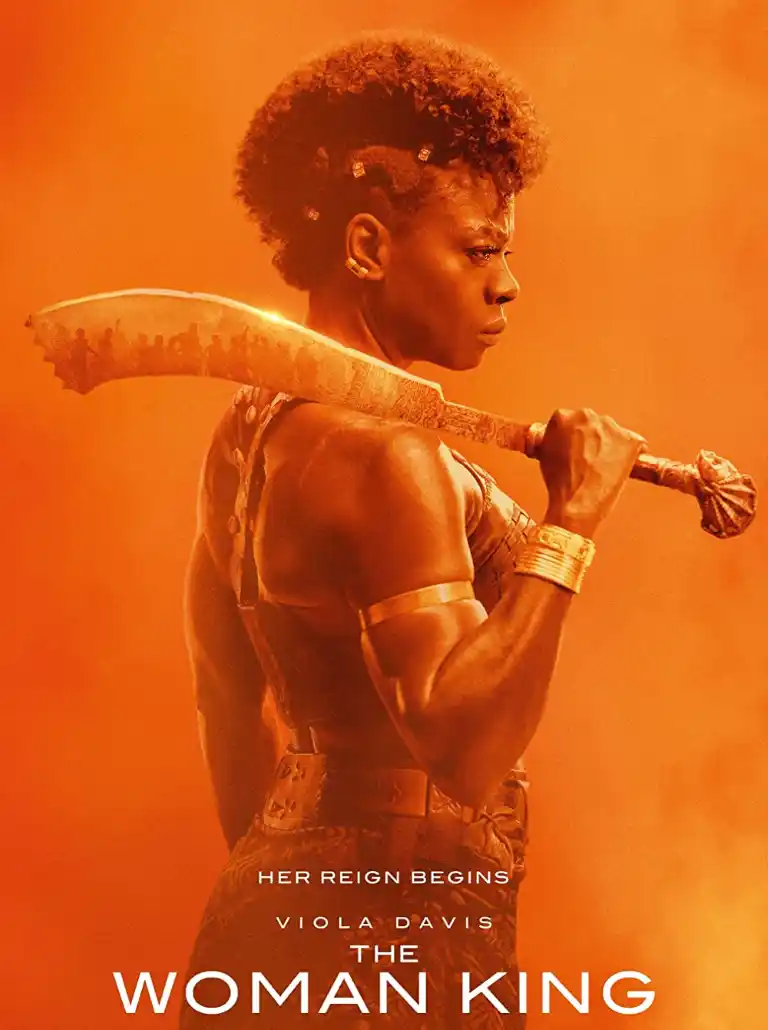
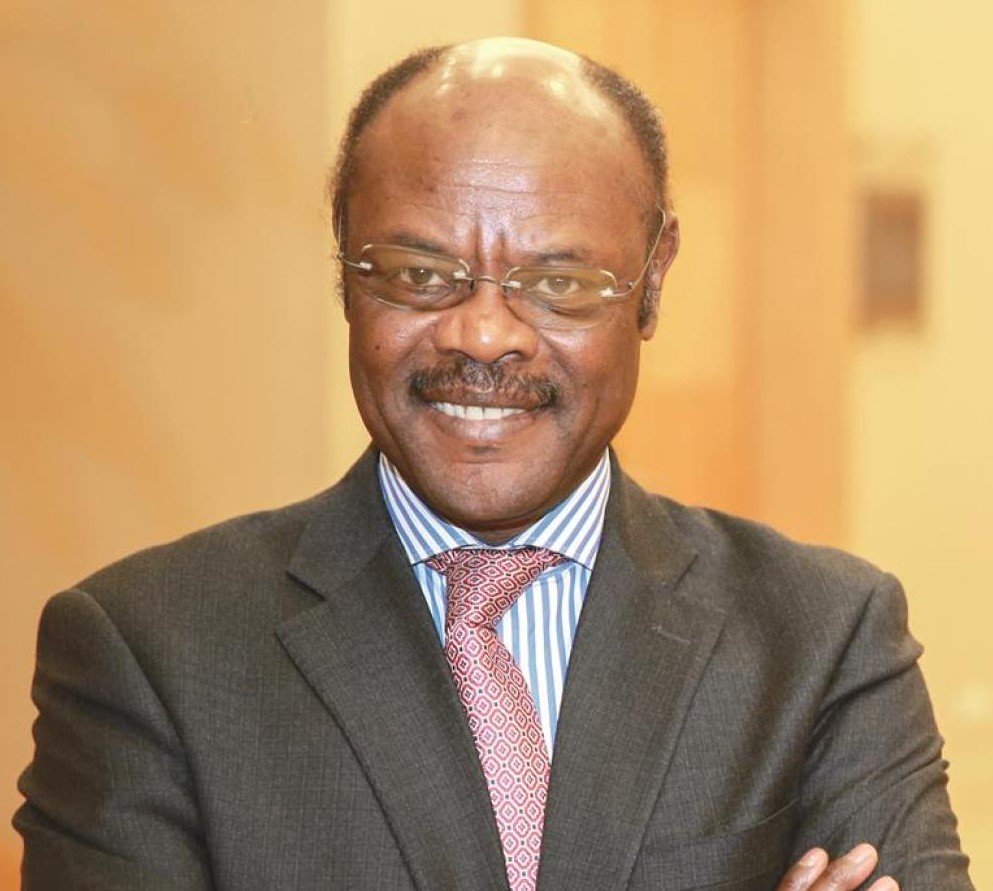

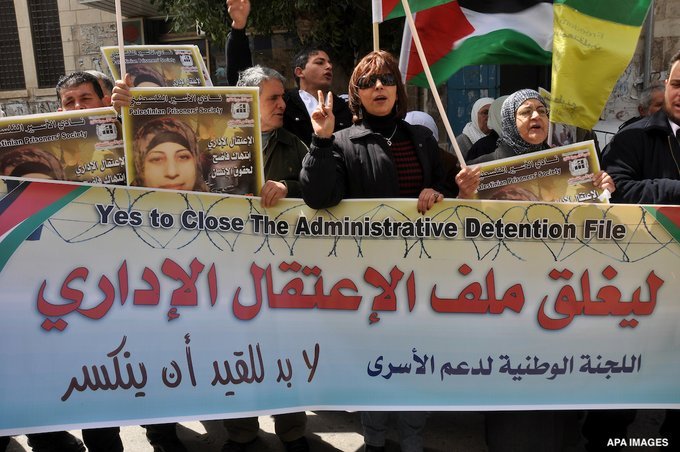
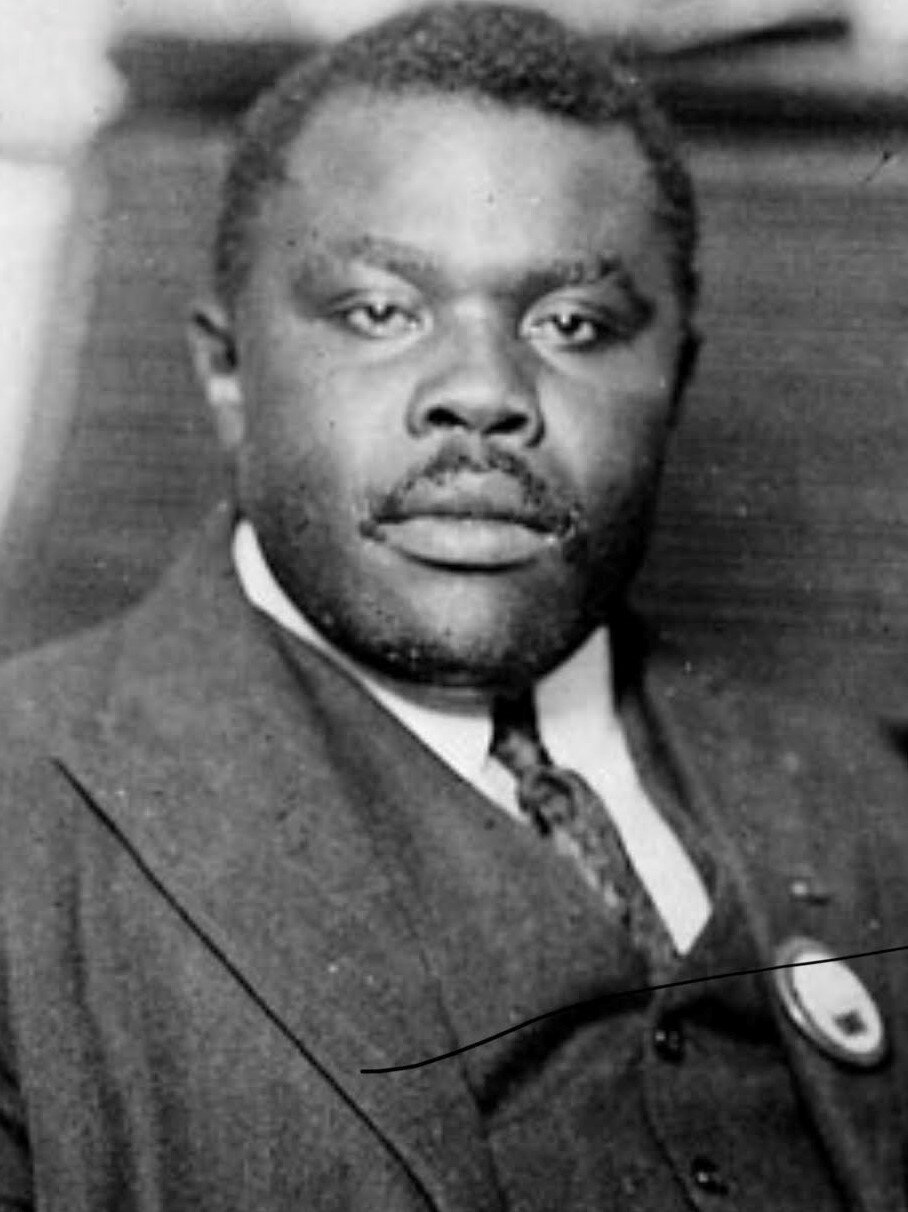
Share with your network